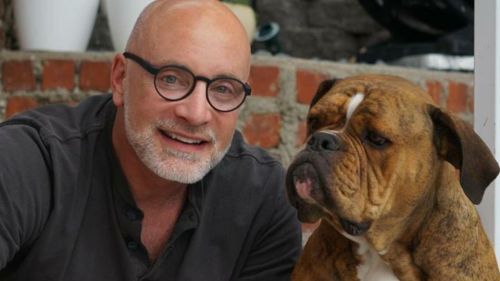Five Questions with Dr. Rob
Why did you first become a therapist?
I became a therapist because of the AIDS crisis of the 1980s and 1990s. I understood from my own addiction and recovery that sex addicts make very bad choices when acting out. And I knew that at that time countless addicts were putting their health and well-being at risk. I wanted to help those individuals not only overcome their addiction but stay alive. Over time, as my career progressed, the work became more about helping people find the truly intimate connections that we all need for health and happiness.
You’ve written a dozen books over the years, including two recent volumes on Prodependence. Can you talk a little about why you came up with this new concept and how it’s being implemented in practice?
I wrote Prodependence because I have struggled, both personally and professionally, for decades with the concept of codependency. The idea of judging and labeling people as codependent when all they are trying to do is keep their addicted loved ones functional and alive has always felt more harmful and alienating than validating than supportive. Why judge people or make them wrong or broken when their only ‘problem’ is standing by and trying to help someone they love?
Prodependence is a concept that validates and appreciates partners of addicts and other struggling people for the love and support they give, rather than questioning their choices. Prodependence appreciates and values partners for continuing to love and stay connected, even in the most difficult of circumstances.
Are you a pet person?
Yes, I love animals. The dogs that I’ve had throughout the years have always shown me how I want to be in my relationships – consistently loyal and committed. At my most sad and self-hating moments, there was always a puppy there to offer a lick or sit on my lap – even the puppies that weighed over 100 pounds. And at my best, I’ve always had someone who wanted to play ball with me and be my friend.
I currently have a very large and stubborn bulldog named Dozer – named as such because he acts like a bulldozer and will run over anyone smaller than him, plus he likes to doze a lot. Sleeping may be his favorite activity, and I relate to that.
What do you like to do when you’re not busy saving the world?
I love being social. Friends, family, and community bring me great joy and happiness. I love theater. I love museums. I love art. I love my home. I also read a lot, and I watch reality TV shows. Beyond that, I deeply value the spiritual side of myself that not very many people notice. I am always yearning for ways to play and create that take me away from my work and push me toward personal growth and fun.
What one thought about recovery would you like to share today?
As a professional who works with addicts all the time and has done so for several decades, I want people to know that sobriety from any addiction is just the first step on a long road to becoming a better person. I don’t just want to be sober; I want to be healthy, loving, connected, continually growing, and a part of. Sobriety is where we start. Sobriety is the foundation that allows us to become better people. But there is more. A sober life that is well-lived is a life that brings joy, respect, and connection to ourselves and those around us.
